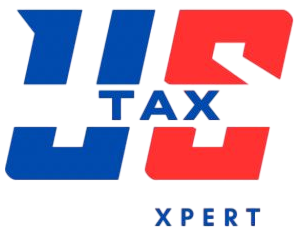Cryptocurrency Tax
- Home /
- Cryptocurrency Tax
Cryptocurrency Tax Services
Navigate Complex Crypto Tax Regulations with Confidence
Cryptocurrency taxation is one of the most complex areas of tax law, with constantly evolving IRS guidance. Whether you’re trading, mining, staking, or participating in DeFi protocols, accurate reporting is essential to avoid audits and penalties.
Mining & Staking
Proper income classification and deduction optimization for mining operations and staking rewards across all protocols.
DeFi & NFTs
Expert handling of yield farming, liquidity pools, NFT sales, and other complex decentralized finance activities.
Tax Optimization
Advanced strategies including tax-loss harvesting, timing optimization, and entity structuring to minimize tax liability.
Trading & Transactions
Complete tracking of all crypto-to-crypto trades, sales, and exchanges with accurate cost basis calculations and capital gains reporting.

Client Success Story
A high-volume cryptocurrency day trader came to us facing potential six-figure tax liability. Through sophisticated tax-loss harvesting strategies, proper classification of trading activity, and optimized entity structuring, we reduced their tax liability by 30% while ensuring full IRS compliance.
